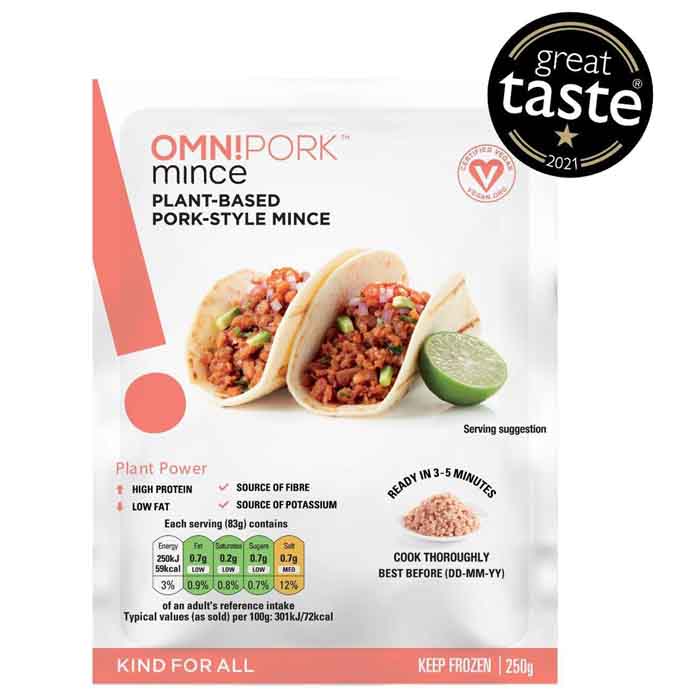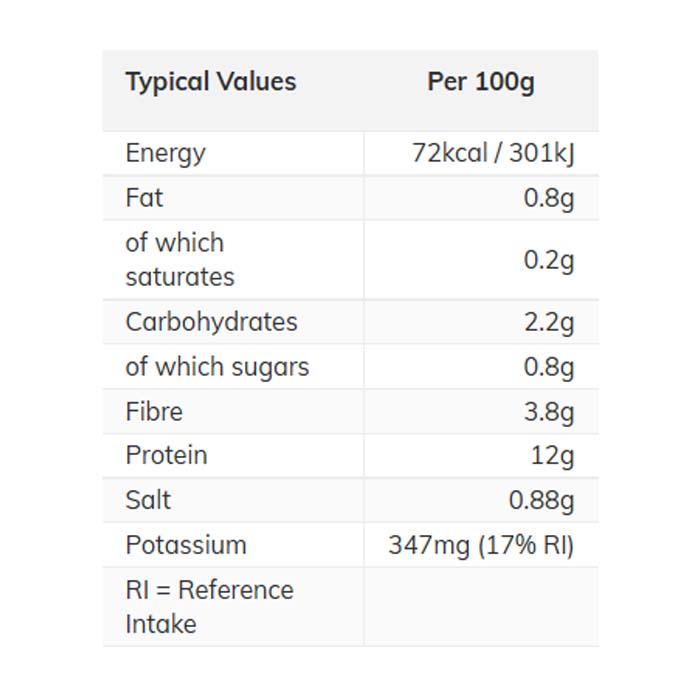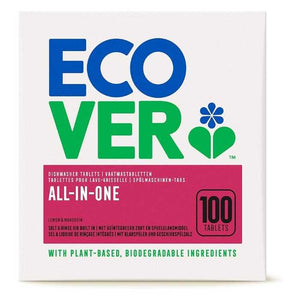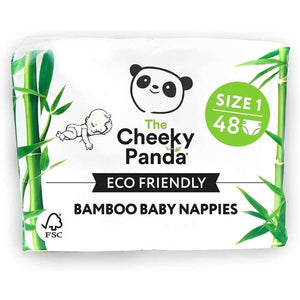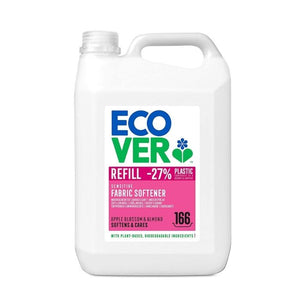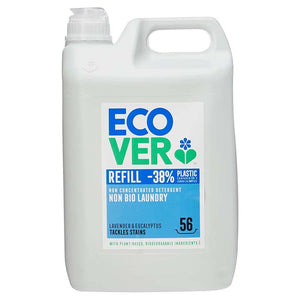OmniFoods - OmniPork Mince Multiple Sizes
Brand - OmniFoodsQuick Description
Omnifoods Pork Mince: Delicious plant-based alternative to pork, 250g pack, cruelty-free, versatile, perfect for all your favourite dishes!
Key Information
- Plant-based meat substitute
- Formulated to replicate the taste of traditional pork mince
- Typically lower in saturated fat and cholesterol
- Comes in a 250g package
- Sustainable
Product Overview
Omnifoods Pork Mince is a plant-based alternative to traditional pork mince, offering a tasty and sustainable option for those looking to reduce their meat consumption. Made by Omnifoods, a leading plant-based food company, this product is crafted using a blend of plant proteins, seasonings, and natural flavours to mimic the taste, texture, and aroma of real pork mince.
Each 250g pack of Omnifoods Pork Mince provides a convenient and versatile option for cooking a variety of dishes, from stir-fries to pasta sauces to tacos. It's cholesterol-free and lower in saturated fat compared to conventional pork mince, making it a heart-healthy choice.
Not only does Omnifoods Pork Mince offer a cruelty-free alternative to meat, but it also has a lower environmental footprint, requiring fewer resources like water and land to produce. It's a great option for vegans, vegetarians, flexitarians, and anyone looking to incorporate more plant-based foods into their diet without sacrificing flavour or texture. Enjoy the taste of pork mince guilt-free with Omnifoods' innovative plant-based alternative.
Ingredients:
Water, Soya Protein Concentrate (16.5%), Thickener (Methyl Cellulose), Yeast Extract, Potato Starch, Cane Sugar, Salt, Soya Protein Isolate, Natural Flavourings, Wheat Starch, Pea Protein, Rice Protein, Barley Malt Extract, Shiitake Mushroom Powder, Dextrose, Colour (Beetroot Red), Myceliated Oats
Frequently Asked Questions:
Is OmniFoods Pork Mince environmentally friendly?
Yes, one of the main benefits of plant-based meat substitutes like OmniFoods Pork Mince is their reduced environmental impact compared to animal agriculture. Producing plant-based foods generally requires fewer resources and produces fewer greenhouse gas emissions than raising livestock.

